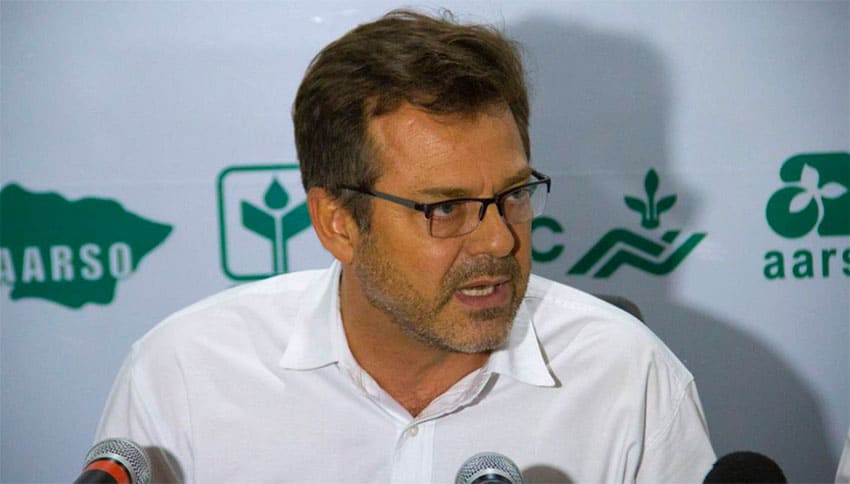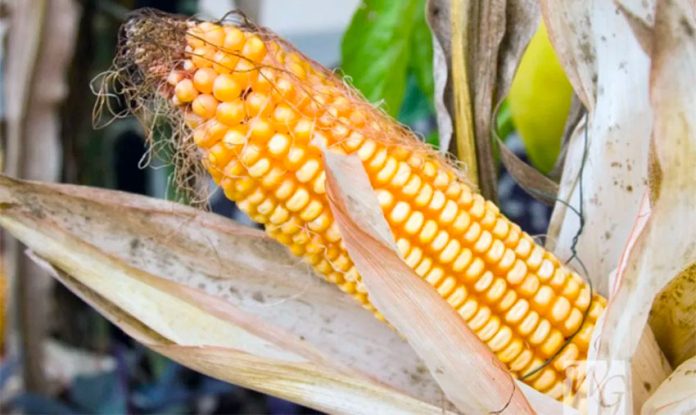The federal government will go ahead with its plan to stop importing genetically modified (GM) corn and replace it with homegrown maize, according to Deputy Agriculture Minister Víctor Suárez.
The official also told the news agency Reuters that the government is sticking to its plan to ban glyphosate, a controversial herbicide.
The government announced by executive order on the final day of 2020 that it aims to replace approximately 16 million tonnes of yellow corn imports – most of which comes from the United States and almost all of which is GM corn – with new, local production by 2024, the final year of the current administration’s six-year term.
The imports account for more than a third of Mexican demand for corn, and are mostly used as livestock fodder. Replacing the imports by 2024 with homegrown corn would require an almost 60% increase over current domestic production levels.
Suárez, an agronomist, long-term ally of President López Obrador and a key architect of the executive order, told Reuters that GM corn and glyphosate, the active ingredient in the Monsanto herbicide Roundup, are too dangerous to be permitted long term in Mexico. He said that Mexican agricultural production and sustainable “agro-ecological” practices must take priority.

“We are moving in this direction, and this must be clear: no one should think that they can bet that this decree will not be implemented,” Suárez said.
The deputy minister cited studies that have linked glyphosate to cancer and found that it is harmful to bees and other pollinators. He also claimed that GM corn contaminates native strains of the grain that have long been cultivated in Mexico.
Supporters of GM crops, including corn, argue that they have allowed farmers to boost production significantly and that studies have proven that they are not harmful to human health.
But Suárez described GM corn, and glyphosate, as “undesirable and unnecessary,” saying that they are not needed to attain the government’s goal of self-sufficiency in food production.
“We have to put the right to life, the right to health, the right to a healthy environment ahead of economic and business [interests],” he said.
Ending corn imports would be a heavy blow for United States farmers who have come to depend on shipments to Mexico for much of their livelihood. Critics say that the goal to replace imports with local production is completely unrealistic and would force prices up.
Suárez acknowledged that the production goal will be difficult to meet but said there is no current need to change the executive order. However, he did say that the government could adjust the goal at a later date.
“Let’s say we don’t reach the goal of substituting the 16 million tonnes [of imports], and we only reach the substitution of 10 million. Well, we would evaluate that along the way and we could eventually make the necessary adjustment,” Suárez said.
That remark, Reuters reported, provides a “strand of hope to those in the industry hoping moderate voices in the government will prevail.”
Source: Reuters (sp)
